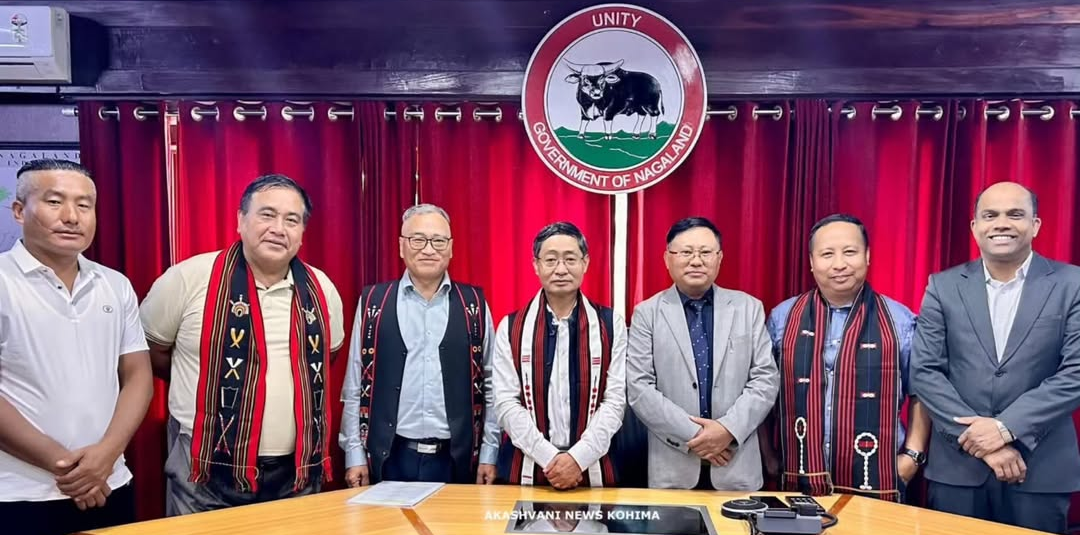Nagaland’s government is poised to make a crucial decision this week on its decades-old job reservation policy, a move that comes after months of escalating pressure from a coalition of tribal groups demanding reform. The outcome could either calm rising ethnic tensions or reignite widespread public protests across the state.
A system under scrutiny
For nearly a year, the Core Committee on Reservation Policy Review (CoRRP) has been at the forefront of a movement to overhaul the state’s 48-year-old job quota system. Representing the Ao, Sumi, Lotha, Angami, and Rengma tribes, the committee argues that the existing policy no longer aligns with Nagaland’s current demographics or principles of merit. The group contends that the 37% quota designated for “backward tribes” places their communities at a significant disadvantage in public employment.
Public discontent with the long-standing formula has become increasingly visible. Peaceful rallies held on May 29 across five districts drew thousands of participants, and a sit-in protest outside the state secretariat on July 9 further amplified the call for change. These demonstrations have highlighted a deep-seated frustration with a system many believe is outdated and unfair.
A promise of swift action
In a significant development, newly appointed Chief Secretary Sentiyanger Imchen met with CoRRP leaders on Monday in Kohima, assuring them that the state cabinet would take up the matter definitively. He confirmed a cabinet meeting is scheduled for August 6, where the government will finalize the composition and operational guidelines for a commission tasked with reviewing the entire reservation policy. The presence of senior officials from the Law & Justice and Personnel departments signaled a serious commitment to addressing the issue.
The government had previously pledged in June to form a five-member commission, which would include two IAS officers and one representative each from the Central Nagaland Tribes Council, Tenyimi Peoples’ Organisation, and Eastern Nagaland Peoples’ Organisation. However, political shifts delayed its official notification.
CoRRP has stressed that for the commission to be effective and gain public confidence, it must be broad-based, impartial, and free from any political influence. Imchen reassured the delegation that the entire process, from cabinet approval to the commission’s launch, is expected to be completed within two weeks.
An uneasy truce
Following the chief secretary’s assurances, the CoRRP has temporarily suspended its planned third phase of agitation, adopting a “wait and see” approach pending the cabinet’s decision. However, committee leaders have made it clear that this pause is conditional. If the August 6 meeting does not deliver a concrete timeline and a fairly structured commission, they are prepared to resume protests shortly after Independence Day.
The committee remains firm in its position that a comprehensive review is necessary to restore faith in the state’s public recruitment process. The goal is to ensure that future opportunities are allocated based on genuine need and merit, rather than on classifications that have not been updated in nearly five decades.

